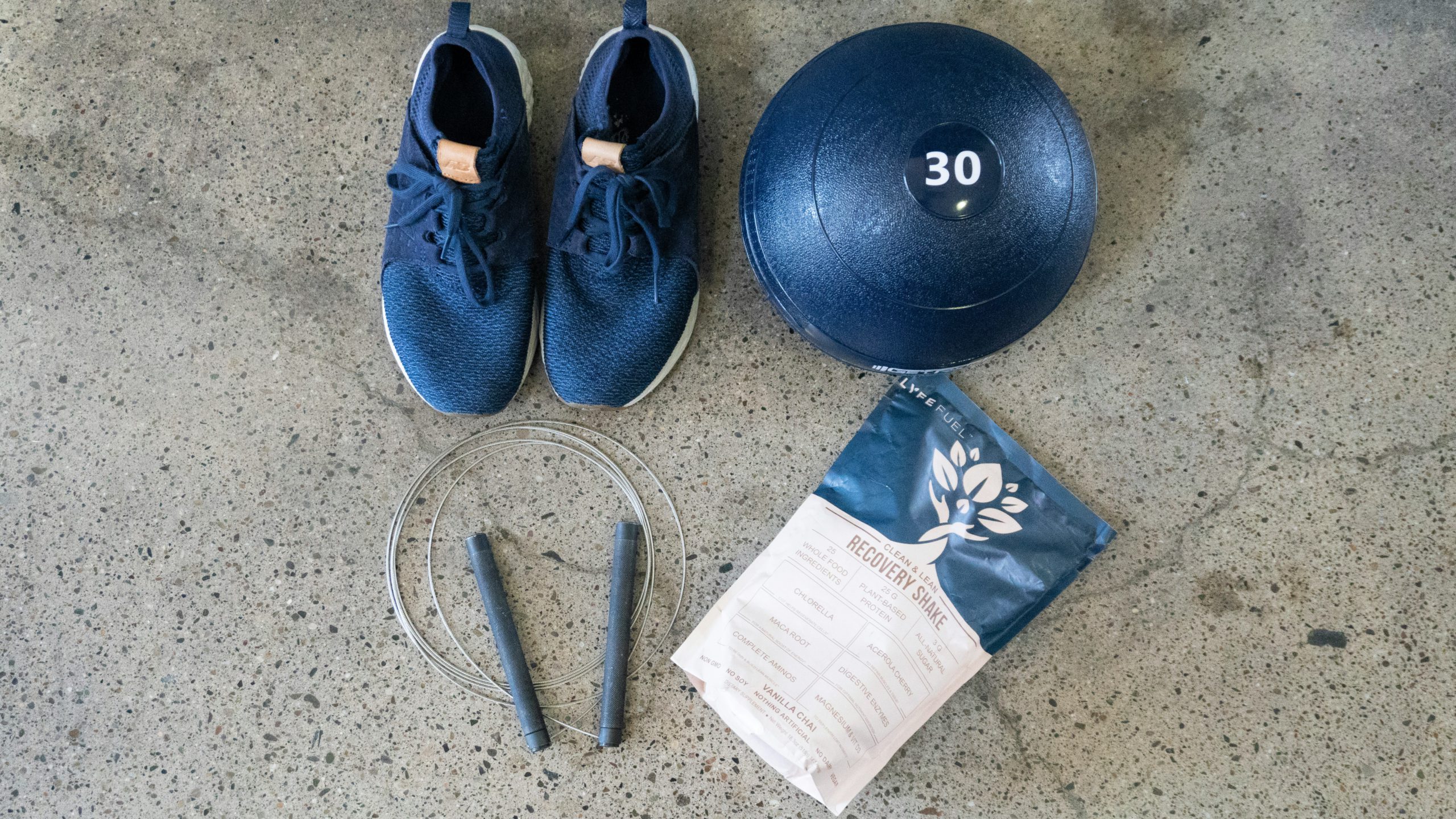Did you know that dietary supplements and protein powders do not require FDA approval for their marketing claims? All of your favourite influencers promote their tried and true protein supplements and concoctions swearing that they build muscle — but are they good for you? And are they better than cooking food yourself? We are going to outline the health risks, benefits, and alternatives associated with dietary supplements.
An organization called The Clean Label Project suggests that one’s diet could be supplemented with nut butter, lean meats, and legumes instead of supplements. The Clean Label Project conducted a study where they tested over 134 products from 60 different brands, from Amazon and other distributors, and found “detectable levels of arsenic, cadmium, lead, mercury, BPA, mycotoxins, pesticides, and residual solvents.” These heavy metals are “linked to cancer, reproductive harm, and brain damage.” This poses the question: are there better alternatives to supplements that don’t pose as great of a risk?
According to a dietitian at Harvard , it is encouraged to “get protein from whole foods: nuts, seeds, low-fat dairy products (yogurt, milk, cheese), legumes (beans, lentils), fish, poultry, eggs, and lean meat.
Kathy McManus, the director of the Department of Nutrition at Harvard-affiliated Brigham and Women’s Hospital “there are many ways to get protein without turning to a powder.”
Creatine is another common supplement used by athletes and avid gym goe-ers. It occurs naturally in our skeletal muscles but can be obtained in red meat and seafood. Creatine increases water weight, so for exercises where “body mass is a factor, such as running,” this may affect performance levels. Overall, creatine supplements are “an effective way of increasing high-intensity exercise capacity and lean body mass during training for high-performance athletes.”
If you want to increase your protein intake but aren’t keen on the idea of taking dietary supplements, there is hope. To make a protein shake without protein powder, you can use almond milk as a base! Here’s a recipe to make your own almond milk. Instead of protein powder, you can add Greek yogurt, silken tofu, nut butter, or raw cashews to your smoothies.
Find more recipes for protein shakes here. Experimenting in the kitchen will help you gain muscle and better your health. You don’t need to supplement, but if you decide to, do your research and be a skeptical buyer. Eating whole and delicious foods will help us lead long, healthy lives.


